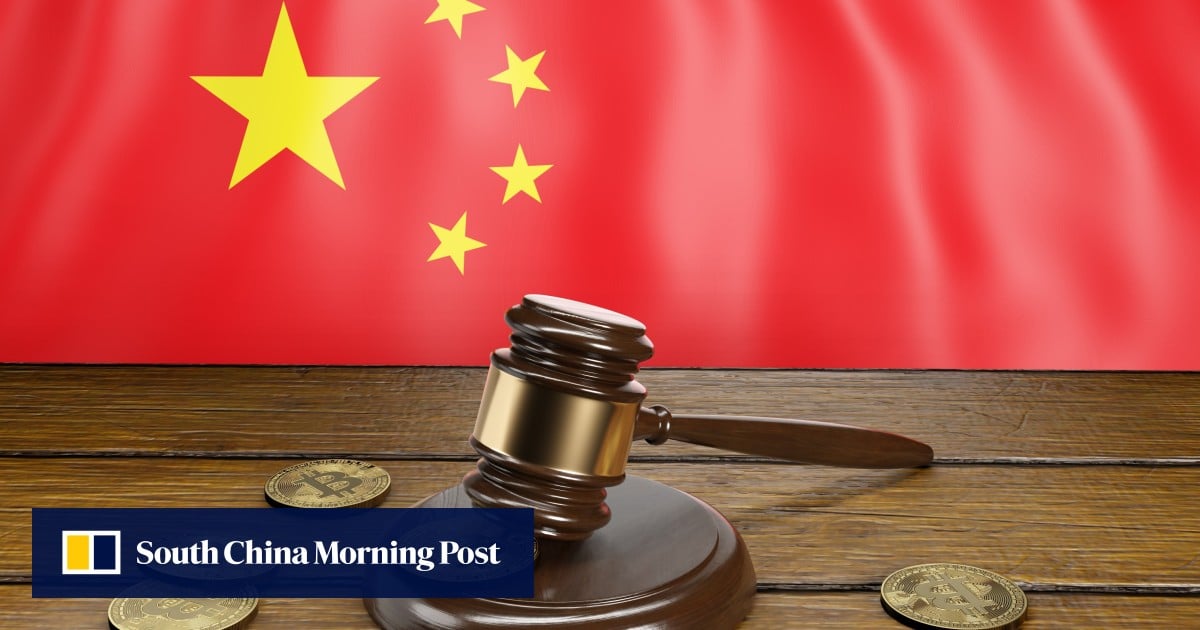China's ongoing crackdown on corruption has ensnared a prominent figure in the country's burgeoning digital currency sector. Yao Qian, a former director of digital currency research at the People's Bank of China (PBOC) and later a senior regulatory official at the China Securities Regulatory Commission (CSRC), has been accused of accepting bribes using cryptocurrencies, marking the first known case of its kind in the country.
The Central Commission for Discipline Inspection (CCDI), China's top anti-corruption body, announced on Wednesday that Yao had committed a âsevere breach of dutyâ and engaged in âbribery-related crimesâ. The statement detailed allegations of significant misconduct during his tenure at the CSRC, where his responsibilities included overseeing data security, cybersecurity, and the regulation of securities, futures, and fund industries.
The CCDIâs statement highlighted Yaoâs alleged exploitation of his position and expertise. It is claimed he presented himself as a fintech expert, leveraging his influence to favour specific technology service providers in exchange for personal gain. The commission alleges he actively sought out opportunities for illicit enrichment, becoming, in their words, a "key target" for those seeking to influence his decisions. Crucially, the allegations involve the use of virtual currencies as a means of exchanging power and money, underlining the increasingly sophisticated methods employed in modern corruption.
Beyond the alleged use of cryptocurrencies, the CCDI accuses Yao of abusing his regulatory authority to facilitate the business expansion of certain technology companies. This assistance, the statement claims, was reciprocated with substantial payments to cover Yao's personal expenses, constituting illegal acceptance of large sums of money.
The consequences for Yao are severe. He has been expelled from the Communist Party of China and dismissed from his public office. Furthermore, all his illegally obtained assets are to be confiscated. The case will now be handed over to the prosecution authorities, who will determine whether to formally press criminal charges.
This unprecedented case underscores the challenges facing China as it navigates the rapid development of digital currencies and their potential for misuse. The high-profile nature of Yao's position and the alleged use of cryptocurrencies in the bribery scheme highlight the increasing sophistication of corruption tactics and the government's determination to tackle them head-on, even within its own ranks. The outcome of this case will have significant implications for the future regulation of the digital currency sector in China and serve as a stark warning against corruption within regulatory bodies. The investigation will undoubtedly scrutinise the vulnerabilities within the system that allowed such alleged transgressions to occur.
Article
Business

China's Crypto Crackdown: Ex-Central Bank Official Accused of Bribery

